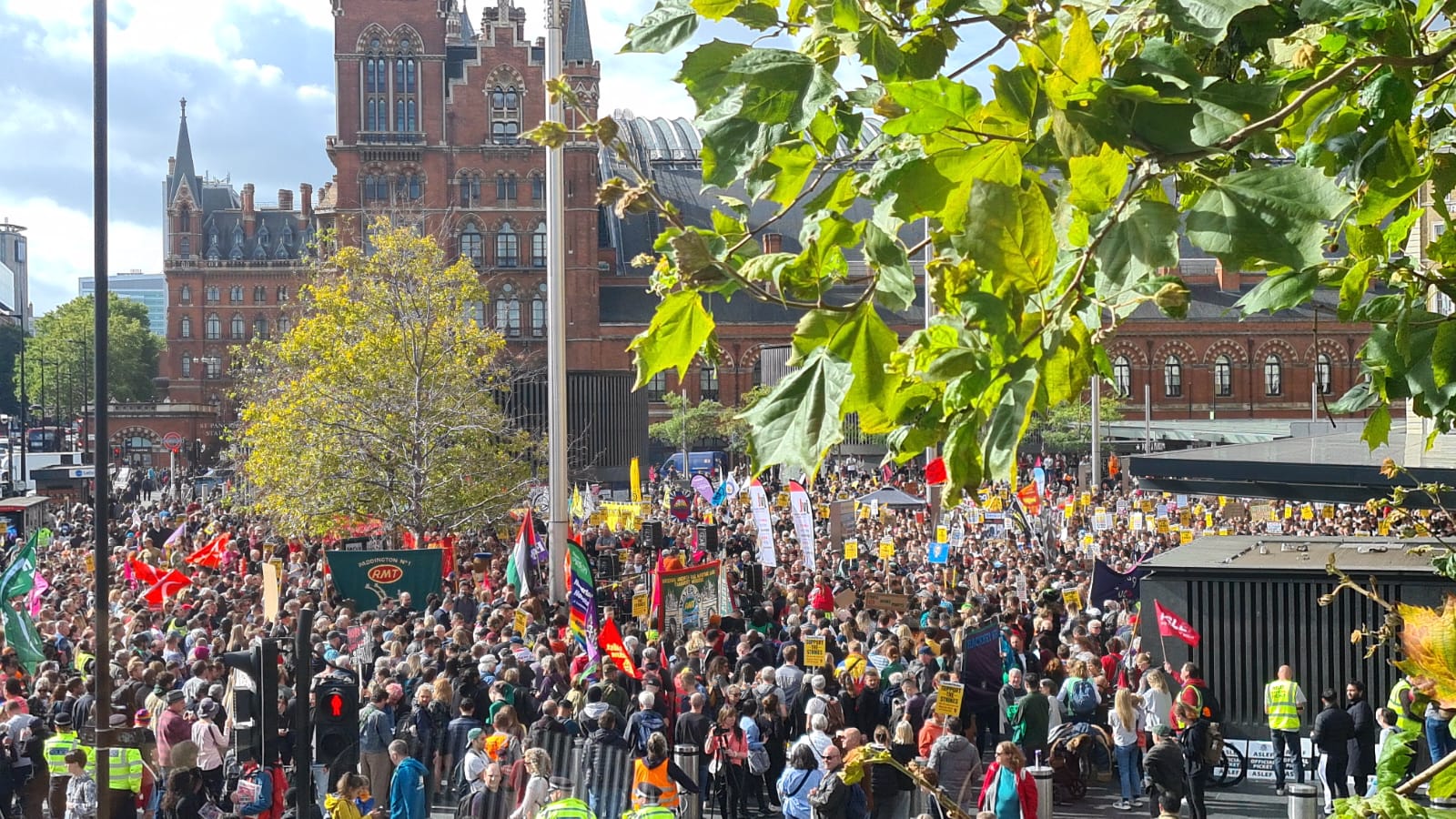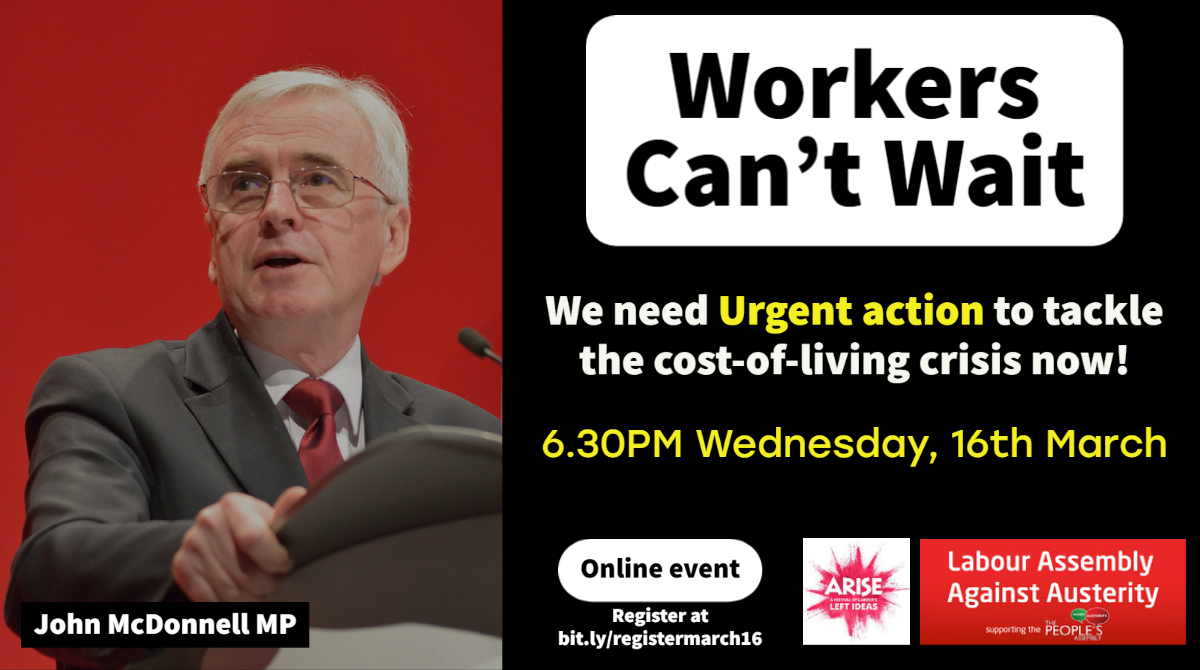 The Chancellor of the Exchequer was recently heralding a 0.8 per cent increase in gross domestic product as a recovery.
The Chancellor of the Exchequer was recently heralding a 0.8 per cent increase in gross domestic product as a recovery.
Growth of any amount should not be attacked in the context of the longest recession since the Victorian era.
However growth of this level is pitiful, and no sign that the government’s policies are working or that the country is on any road to prosperity.
The very rich may be getting richer and property prices in parts of London may be soaring again, but in most parts of the country and for most people there is no sign of things getting better.
The government is keen to portray their politics of austerity and the privatisation of public services as leading to a flourishing of enterprise.
However the reality is that ordinary people are making real sacrifices, with public services being cut, wages slashed, underemployment on the rise and people struggling to survive on ever-reducing welfare payments.
The only growth most people see is in their bills for basic necessities such as food, transport and energy.
The young and the poor are paying the highest price. And women are disproportionately suffering.
The proportion of young women doing low-paid, low-skill jobs has trebled and the proportion of young men working in low-paid jobs has risen from around one in seven to one in four.
There has been an explosion in zero-hour contracts and hustling, with a “flexible workforce” being trumpeted as good for the economy.
The workforce is being attacked, with pensions eroded and low-pay, poor job security and a lack of prospects becoming the norm for many.
Benefits are being cut and the Department of Work and Pensions is ruthlessly enforcing a regime of sanctions upon claimants for any perceived failure or deviation from its rigid standards.
Across Europe we are seeing a sustained assault on the living standards and employment rights of ordinary people. The Tories in Britain say they want to “roll back the state.”
But this is part of a broader ideological process where the achievements of social democratic governments are being destroyed.
This is why the Labour Assembly Against Austerity on November 9 could be so crucial.
Many have become disillusioned with politics and think all politicians and political parties are the same.
Labour has to show that it understands and can explain what is going on and that it will fight for the living standards of ordinary working people.
Britain remains one of the wealthiest countries in the world despite the current crisis.
What is happening however is a massive redistribution of wealth from the poor to the very rich.
We need policies to create jobs and growth. But we also need to ensure that wealth is more fairly divided.
For too long Labour has been afraid to explain and to advocate progressive taxation or to challenge the view that cuts are necessary.
We need to explain clearly why cuts are so dangerous and the last thing we should be doing when the economy is so fragile.
Millions of pounds have already been taken out of local communities by the government’s policy of austerity.
And we are told that 80 per cent of the cuts are still to come.
Whether there is a recovery or not, this coalition government argues that we need to keep cutting.
We have to be saying something very different. And we have to explain things in a way that people understand and gives them the confidence to believe we can do things differently.
The only way to regenerate our economy and our communities is to invest. We need to be saying that a strong public sector is essential for our economy and that we need to be investing by building homes and the infrastructure needed for growth.
We need to believe in our young people by giving them the opportunities to succeed.
We cannot compete with the low-wage economies of the developing world, but we can reorganise our society to develop more sustainable and socially responsible ways.
?It is now down to all of us to organise for a genuine alternative to austerity so that our wealth is enjoyed by all and not just the few.
Let’s work together to make the case that there is an alternative.



0 Comments